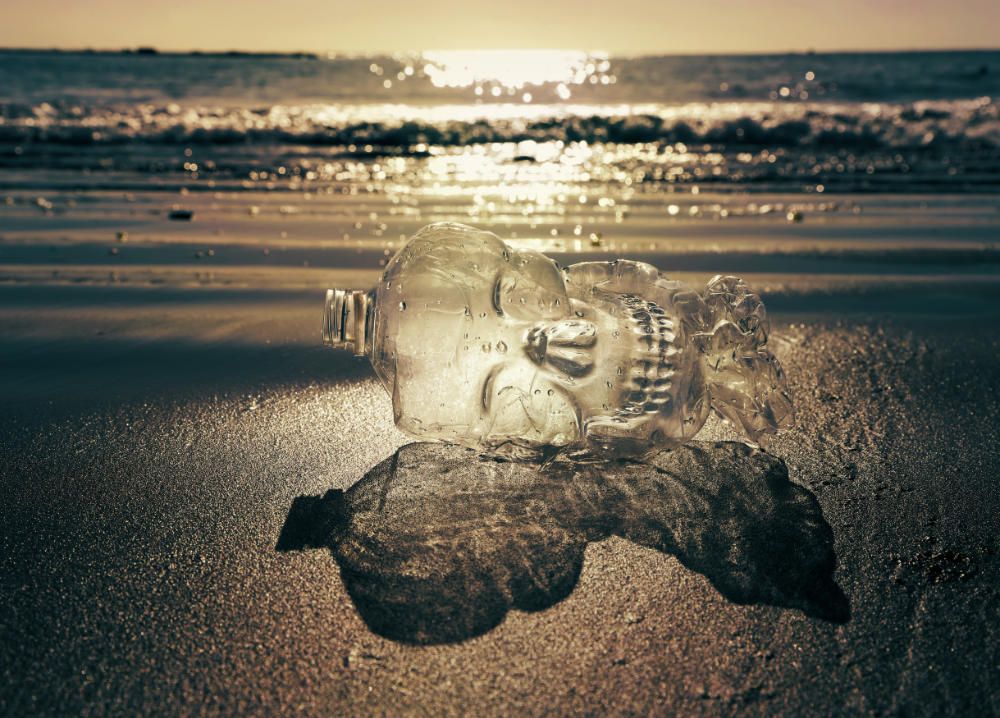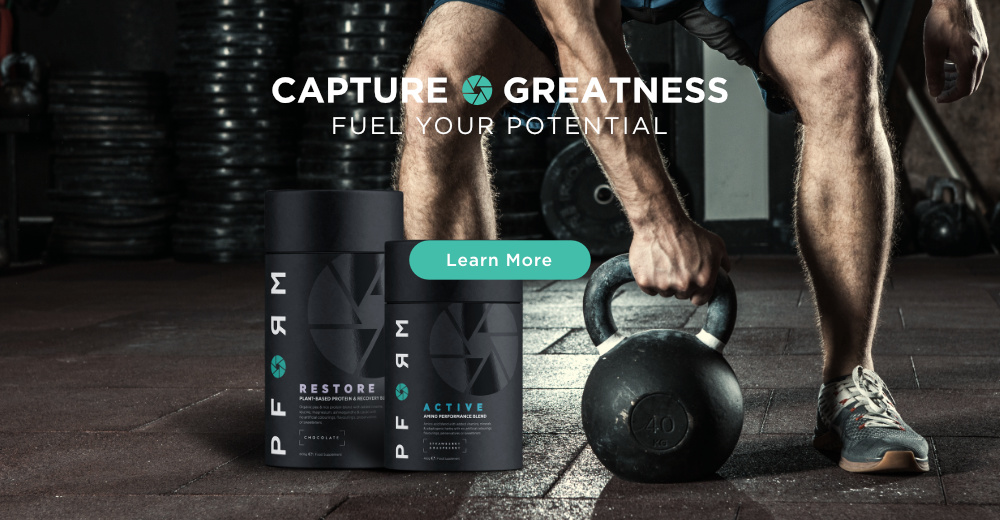
Plastic – The immortal super villain
In case you have been living under a rock over the past 1-2 years, you might have seen a lot of press and coverage around the subject of plastic. When the likes of Sir David Attenborough dedicate so much time to creating a movement away from the use of plastic you know it’s got to be pretty important.
In this article Lotte Bowser takes us through some of the reason’s plastic is such a significant issue and importantly what you can start doing to help reduce your plastic footprint. Here at Fit For Films we take the subject of plastic very seriously. In fact, our new supplement product range due out in 2019 will be 100% plastic free, that means no plastic packaging, no plastic scoops, no plastic wrapping and so forth.
Anyway, here is Lotte to expand further…

Deemed by the science community to be the geological marker of our time in history, plastic has leached into every corner of our lives and seems almost impossible to live without.
Invented towards the end of the 19th century, it would become one of the most revolutionary materials during the war, before exploding into the consumer markets in the 1950s. Finally, after years of scarcity and rationing, people had a plethora of products at their disposal. Thanks to plastics, people could synthesize whatever it was they wanted or needed easily and cheaply.
Why then, despite all of its benefits, has it become one big contributor to the degradation of the planet?
Because it doesn’t go away.
Since mass production began in the 50s, US researchers estimate that more than 9 billion tonnes of plastic have been made. ALL of those 9 billion tonnes of plastic still exist as plastic, in some way shape or form today. That first straw you used to drink that first carton of juice you had when you were little, still exists today. Every single straw you have ever used and thrown away is still out there somewhere today.
Unfortunately for the planet, none of that plastic will have decomposed or biodegraded. Plastic can only photodegrade, meaning it breaks down into thousands of smaller fragments of plastic, which will hang around for hundreds if not thousands of years to come. And what is worse, less than a fifth of all plastic is actually recycled and retained for subsequent use. The rest ends up in landfill and in our oceans, with devastating repercussions for millions of animals, ecosystems and people, who rely on the ocean for their main source of food and water.

So what does the future look like if we continue producing, consuming and throwing away plastic at the rate we are currently going at?
In the next few years, scientists estimate that the amount of plastic waste in our oceans will increase tenfold. They predict that there will be 100 bags of plastic per foot of coastline around the world. They expect that by 2025, there will be 1 tonne of plastic for every 3 tonnes of fish, and by 2050, MORE plastic than fish altogether.
But it’s not all doom and gloom. There are some incredible initiatives like the ocean clean-up project that are making great leaps in tackling the plastic pollution problem. And as individuals, we can also make a huge difference.
Every consumer decision we make has an impact. Some of the biggest contributors to plastic waste are single-use items such as plastic bags, cups, straws, bottles and cutlery. Billions of these items are used and thrown away every year, and luckily, they can be easily avoided.
Think “reduce and reuse”.
Swapping these every day items for environmentally friendly alternatives would be a great place to start – opt for bags made from cotton or hemp, cups and straws made from bamboo, and bottles and knives and forks made from stainless steel, which you can reuse time and time again. If you want to take it further, inspect your kitchen and bathroom cupboards and see if there is anything else that can be swapped. Visit your local farmers markets for package-free produce and buy dried goods in bulk, and choose bars of soap and shampoo instead of toiletries in plastic containers.
Every action makes a difference. It is easy to feel paralyzed by the enormity of the issue, but it’s not about being perfect. It’s about doing what we can, within our own means, and within our own reach of influence.

